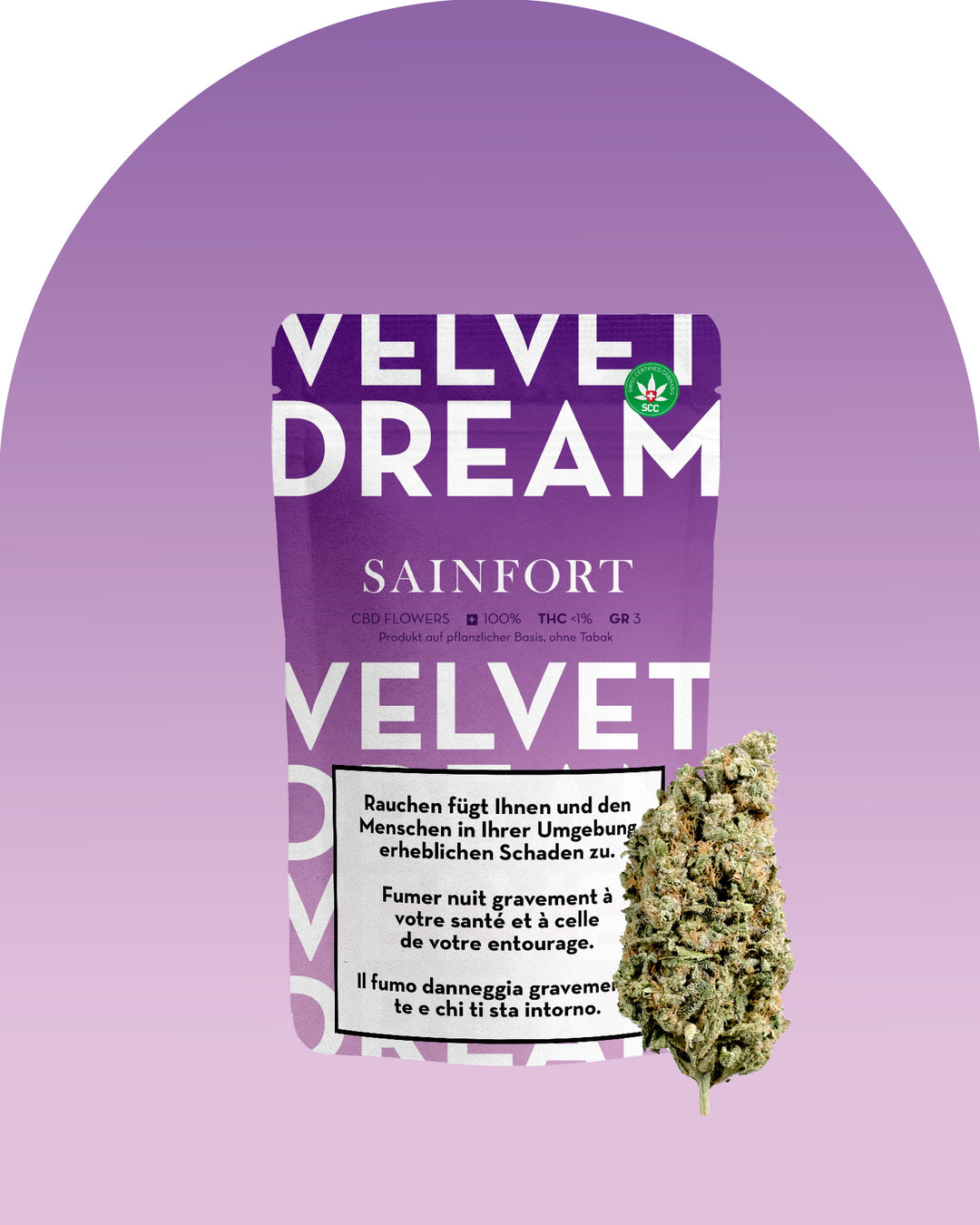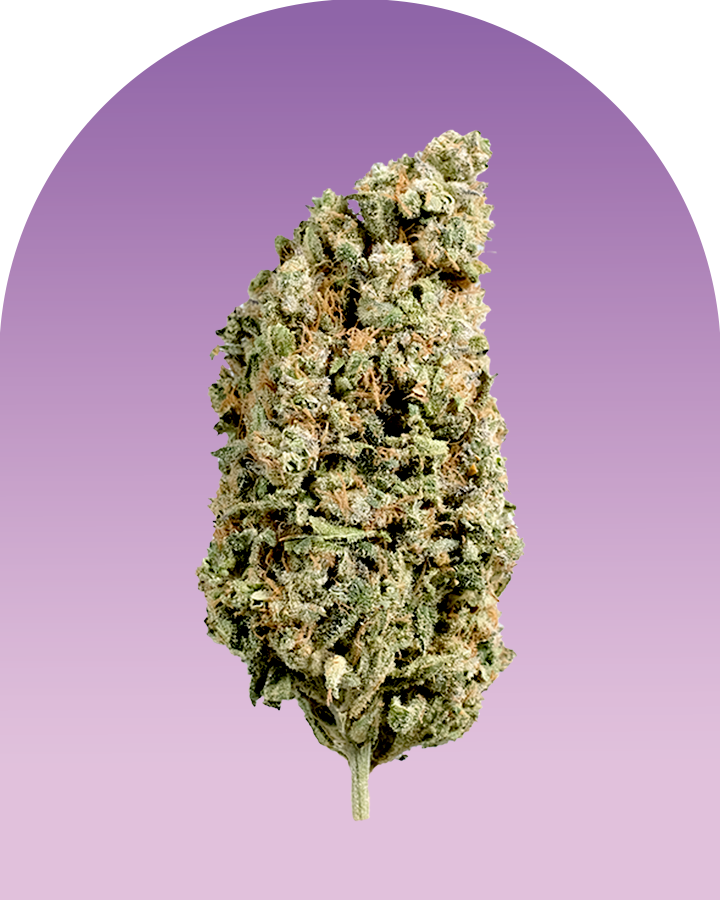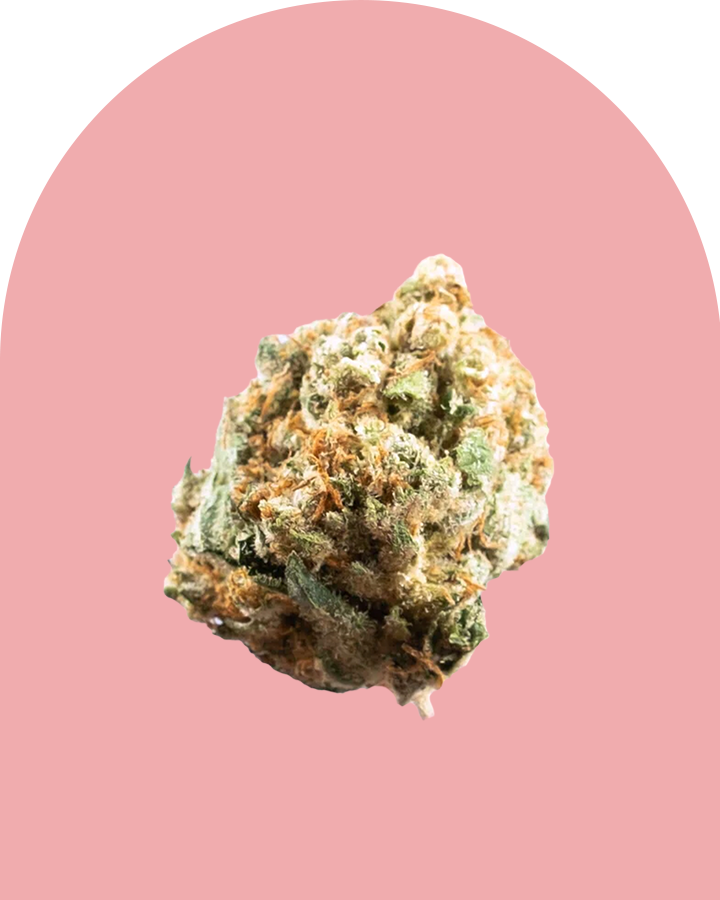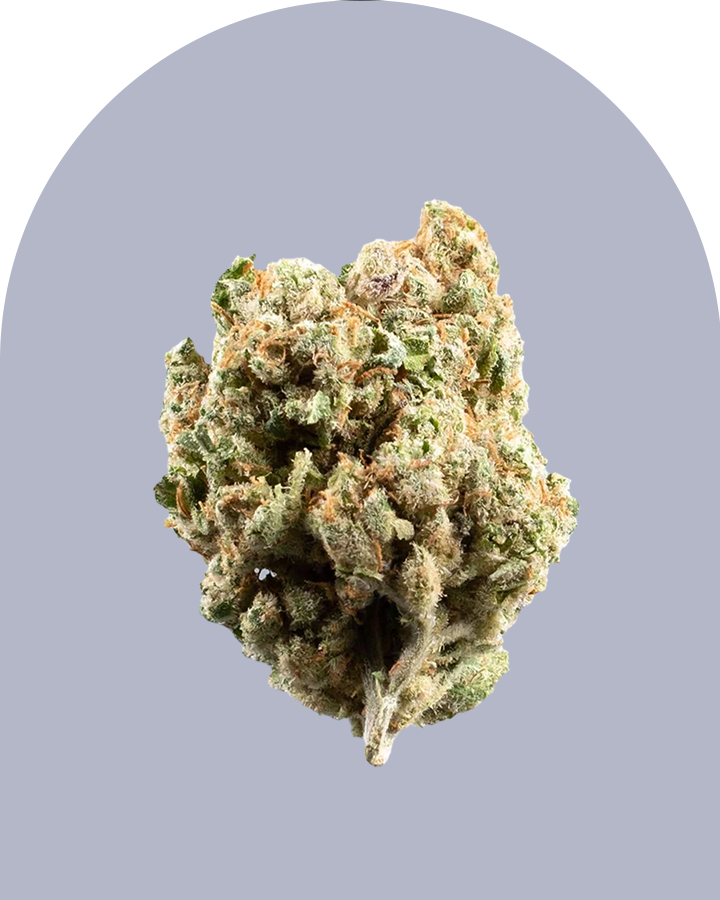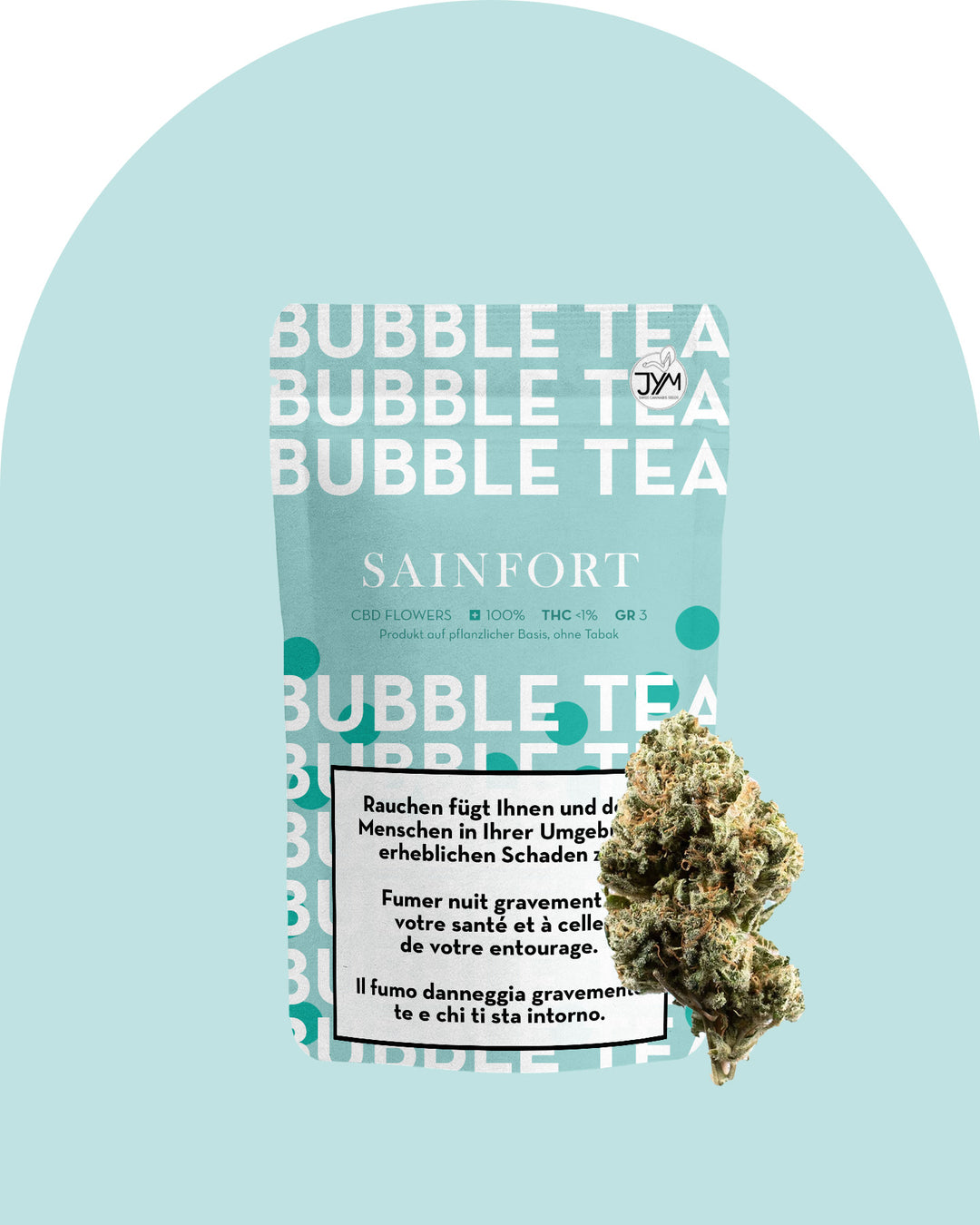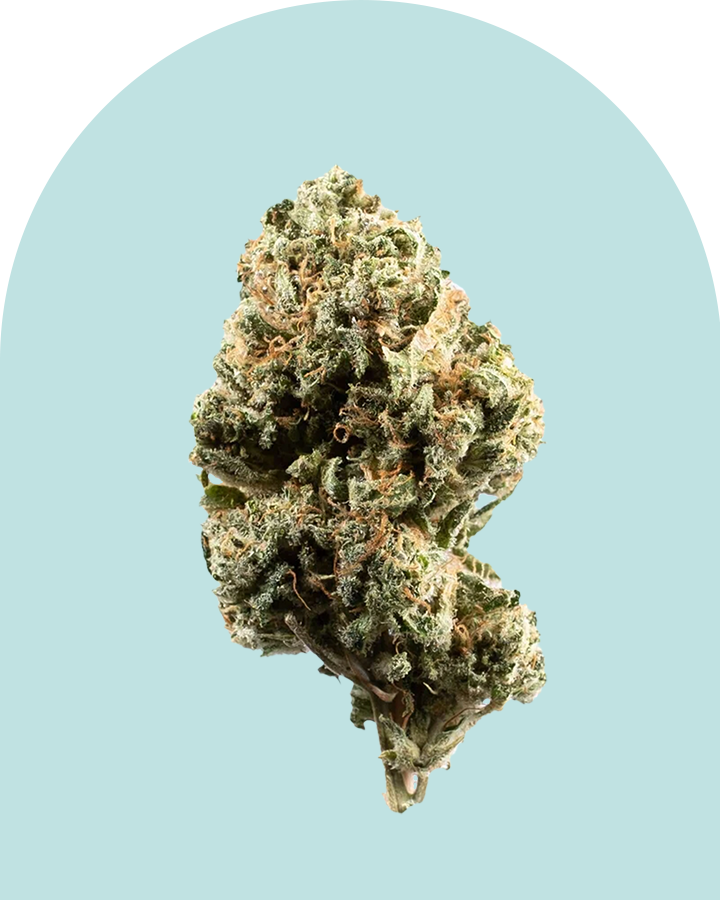Restful sleep thanks to CBD and other helpers? A comparison of herbal vs. medicinal sleep aids

Tired eyes every day and the longing for restful sleep - people with insomnia know this massive problem. In hectic everyday life, restful sleep is of great importance, both for our well-being and for our health. Many people are therefore looking for prescription-only solutions that should quickly achieve the desired success. However, these are often accompanied by undesirable side effects and have long-term consequences. This comparison shows why natural sleep aids are a remarkable alternative, and why CBD is a promising option for some. But read for yourself why you could soon be relieved of troublesome nights.
Herbal sleeping pills - the gentle alternative
The trend towards herbal remedies has gained significantly in importance in recent years, and herbal sleeping pills are no longer an exception. More and more sufferers are looking for natural solutions to their insomnia instead of resorting to prescription drugs. Herbal sleeping pills are the gentle and gentle method to permanently improve sleep. They act indirectly on the nervous system, which contributes to the fact that side effects are significantly lower. This win makes them an attractive option if you prefer a more natural approach and are patient. Sustainable success is known to take time and does not happen overnight.
Although herbal sleep aids may be a potential alternative for you, you should be aware of side effects such as upset stomach, nausea, rashes, or dizziness.
Keep in mind, however, that medical sleep aids can come with far greater complications. Especially if these are high doses!
Valerian root reduces anxietyValerian has been a popular herbal option to promote sleep and relaxation for centuries. The root suppresses stimulus transmission to nerve cells, which increases sleep phases.
Traditional treatment with passion flowers
Passion flower extract is traditionally used to treat sleep disorders and anxiety. The passion flower extract has a calming effect and protects the body and nervous system from negative stimuli.
Melatonin increases deep sleep phase
Melatonin is a hormone that is naturally produced in the body. It is also responsible for the regulation of healthy sleep. As a herbal sleep aid, melatonin has a natural effect on the body's sleep process and ensures that you get into the deep sleep phase faster. It is effective in shortening the time it takes you to fall asleep, thereby improving your overall sleep quality.
The beneficial mechanism of action of CBD
A herbal sleep aid that is one of the favorites of the natural treatment method is cannabidiol (CBD). CBD is a non-psychoactive compound derived from the hemp plant. The active ingredient interacts with the body's endocannabinoid system, which plays a key role in regulating the sleep-wake cycle. Through this interaction, CBD can have a calming and, above all, sleep-promoting effect. CBD influences various aspects of sleep, including the time it takes to fall asleep and the quality of sleep. It can affect the production of neurotransmitters like serotonin or GABA, which are crucial for relaxation and sleep. GABA, for example, calms the brain cells and thus ensures the necessary state of relaxation. In addition, CBD has anti-inflammatory properties that can be useful in relieving restlessness during sleep.
Medical sleeping pills work quickly, but not always healthy
The insomnia drugs on the market are tempting. The pharmaceutical industry in particular makes use of natural processes and converts them into chemical processes. Chemical sleeping pills therefore have a direct effect on the central nervous system, where they can produce rapid effects, but at the same time potential side effects are more pronounced.
Benzodiazepines for short-term treatment
Benzodiazepines are a group of prescription drugs used for the short-term treatment of insomnia and sleep disorders. They have a calming and sometimes very sedative effect. Above all, they can lead to addiction. Other side effects include memory problems, daytime sleepiness, dizziness, and lack of coordination.
Z-Drugs act directly on the nervous system
Z-drugs like zolpidem work similarly to benzodiazepines by calming the central nervous system in a short period of time. However, these drugs can cause side effects such as dizziness, nausea, or mood swings.
antidepressants
The most well-known type of chemical sleep aids are antidepressants. Antidepressants from the group of tricyclic antidepressants and so-called selective serotonin reuptake inhibitors are considered to be particularly effective in relieving insomnia. In addition to treating depression, these drugs have sedative properties that can improve sleep. Side effects of antidepressants most commonly include nausea, sexual dysfunction, or weight gain.
The alternative: herbal sleeping pills and CBD
Natural sleeping pills, especially CBD, are now a promising alternative to medicinal and chemical sleeping pills. You should take a critical look at the latter, especially with regard to their potential side effects. Due to its calming effect, CBD in particular is considered a possible alternative without the risk of becoming dependent.
With a lower risk, the herbal sleeping pill achieves the same effect and is often cheaper than medicinal products. After all, you can get by with herbal drops for what feels like an eternity. Nevertheless, it is important to consider your individual needs and interactions. Herbal sleeping pills are not miracle workers, so you should be patient for initial success. However, once these unfold their full potential, they represent a cheap and effective way to finally put an end to your sleep problems and start your day with renewed energy.




